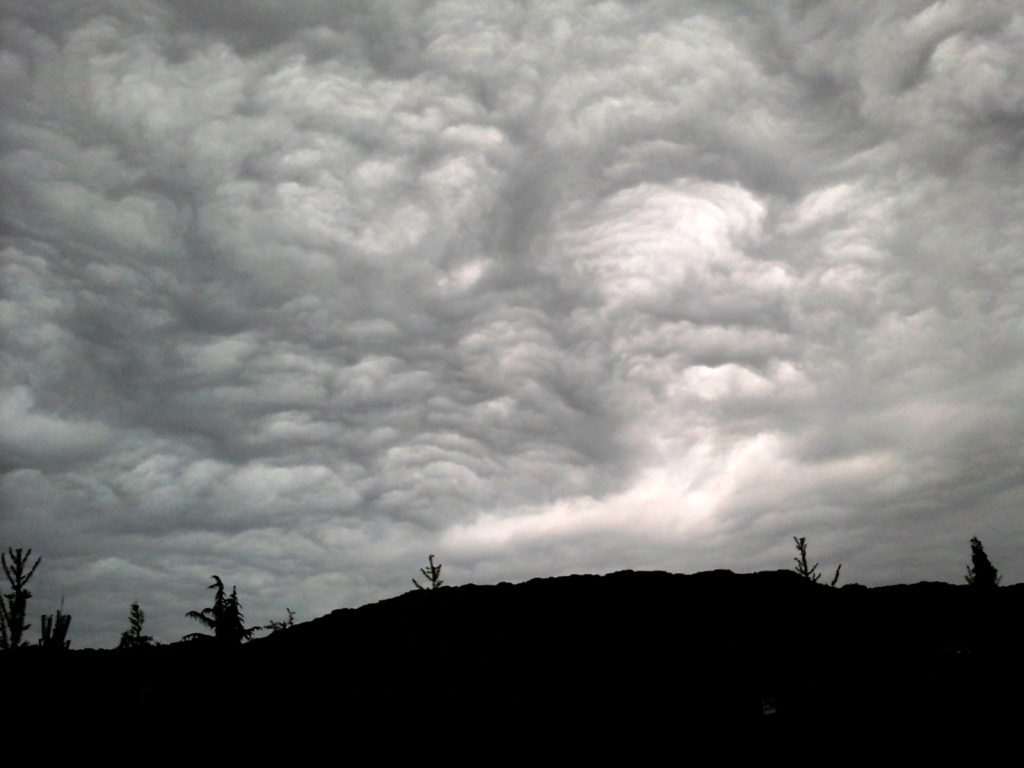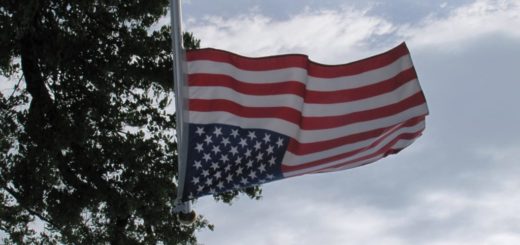Democracy in Vignettes
On September 29th, 2001, less than three weeks after the terrorist attack on the World Trade Center, one of America’s tentative popular steps back to some semblance of normalcy was the return of Saturday Night Live (filmed, of course, in New York). In an attempt to earn the right to make silly jokes again, the show began, in typically modern maudlin fashion, with Paul Simon singing “The Boxer,” while mayor Rudy Giuliani stood silently on the stage flanked by a large group of New York policemen and firefighters. In those days, or at least at that moment, policemen were viewed with a certain measure of reverence, due to the number of them who had lost their lives or suffered life-altering injuries or trauma while trying to save people from the burning twin towers. There was Paul Simon, an icon of the folk-pop America of the late 1960s and early 1970s — the pop star most likely to be mistaken on the street for Bill Ayers — singing a song for his hometown, in a fire department cap, honoring the men in uniform (most of them, on that stage that night, white men) for their courage and sacrifice.
Cut to spring 2020, as that same America, or what is left of it, is suddenly inundated with mainstream chatter about “defunding the police,” disbanding police departments, and in general pouring all the nation’s hatred and social justice battle cries like molten lava over the heads of every policeman in the country, as though nothing could be more dishonorable than police work, and no one more indicative of everything wrong with America than a man (particularly a white man, of course) in a police uniform.
You may instinctively object to my use, in the preceding paragraph, of the phrase “that same America.” This instinct comes from feeling that the two vignettes I just described come from fundamentally different worlds. Unfortunately, I do not believe that is the case. I believe they come from more or less the same place, or at least from two adjacent rooms in the same house.
Both moments exhibit pure democracy in action, the movements of populations unmoored from the basic principles of the rule of law, limited government, and individual, rational self-determination. Both moments are ruled by sentiment and sentimentality, mendacious “deep feelings,” uniformity of attitude and a desire to look “current” and to cry, scream, or muse wistfully at just the right things. Popular opinion — which is another word for propagandized collective posturing — ruled the day in 2001, just as it does today in America. The winds may blow in a different direction today, but the generic cause — mass emotion, devoid of moderation or private circumspection — is essentially the same.
This is democracy, ladies and gentlemen, democracy pure and simplistic. As Plato taught twenty-four hundred years ago, there is only one step of devolution left for a nation that has turned its soul over to pure democracy, i.e., mob rule. And that step is seeming shorter and easier all the time.



